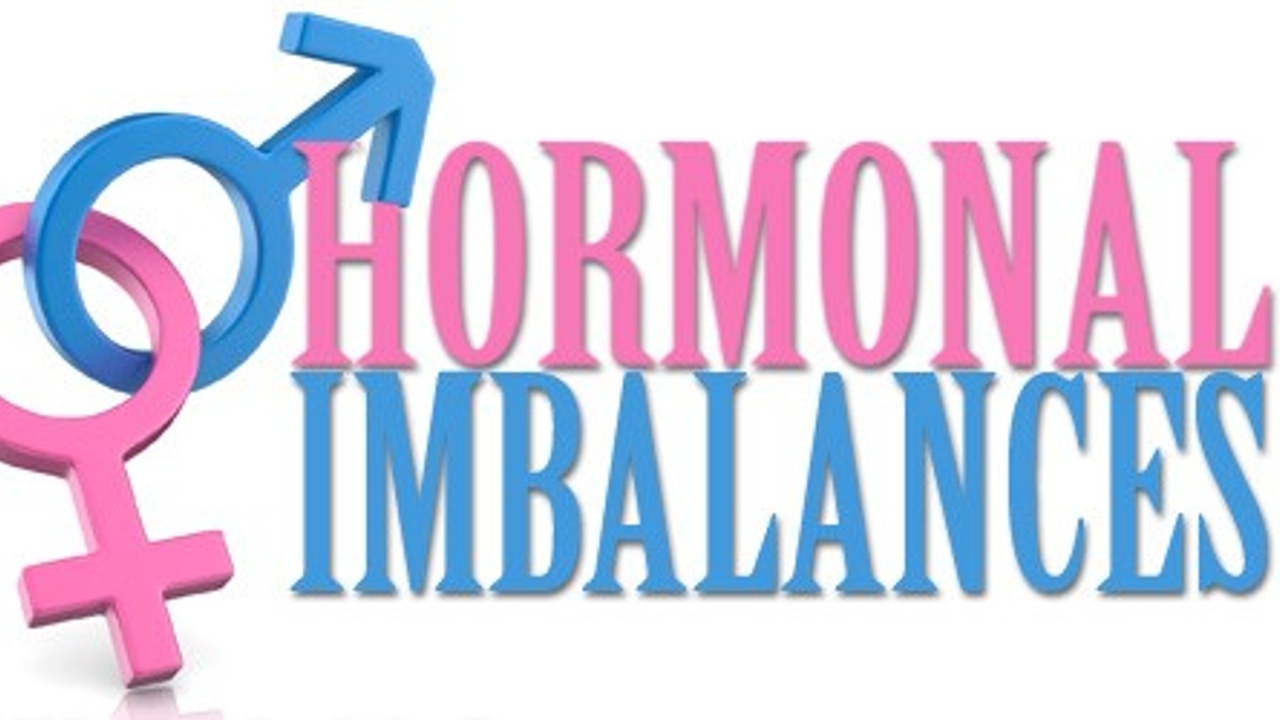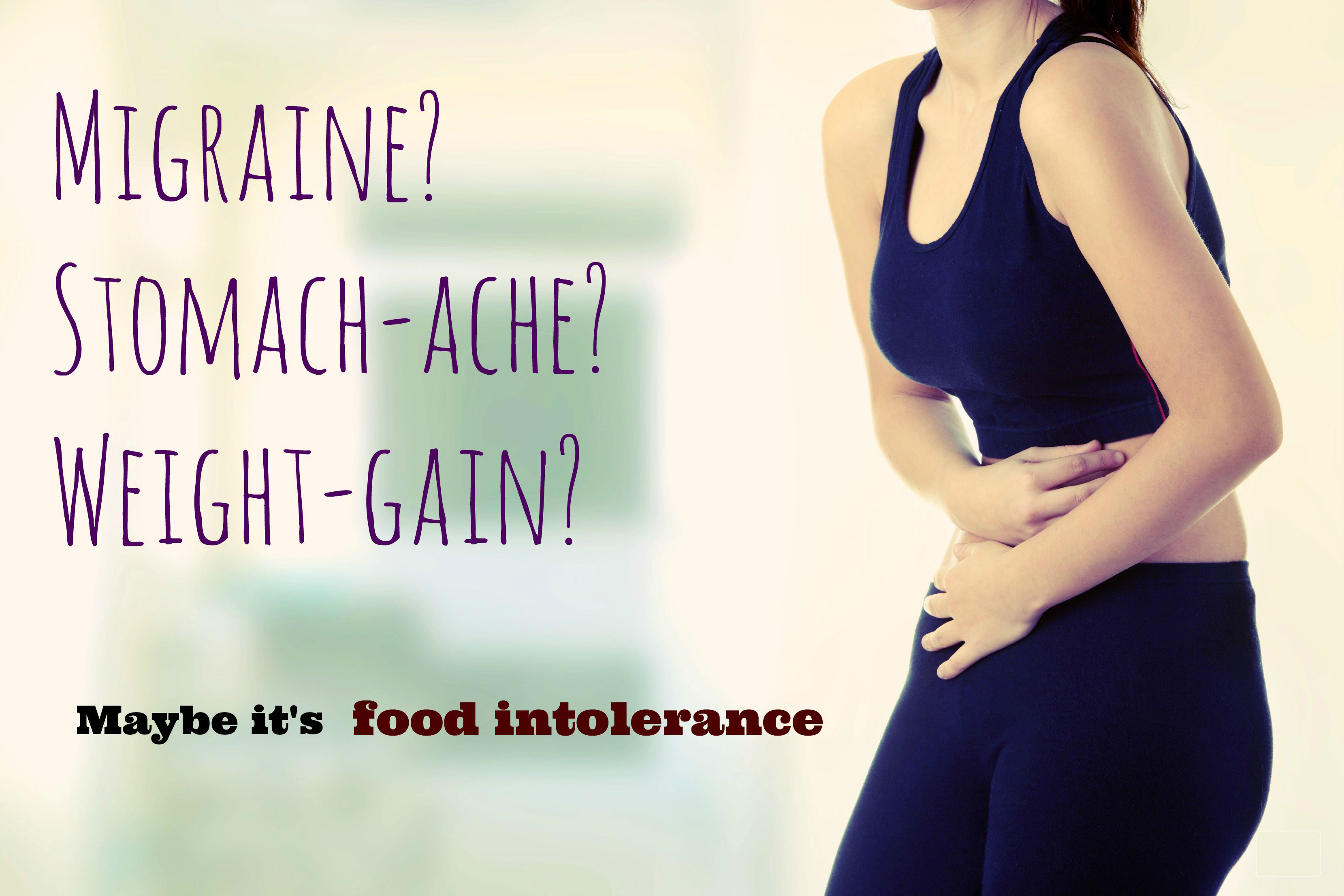Five Hacks for Addressing Hormone Imbalances
Feb 11, 2021
What is hormonal imbalance?
Most women experience a hormonal imbalance at some point in their life… and it hurts their health, their careers, and their relationships. Put simply, hormonal imbalance happens when your body’s hormonal system (officially called your endocrine system) is out of whack. Think of your hormones as little chemical messengers that send messages throughout your body. When your endocrine system is not working correctly, your hormones send the wrong messages, and that can wreak havoc on your mind and body.
There are a lot of things that can cause your hormones to shift, such as your menstrual cycle, perimenopause, and menopause. But shifting hormones are different than unbalanced hormones. Things like not drinking enough water, eating too much of the wrong foods, and not getting enough sleep can also negatively impact your hormones and cause them to become imbalanced. Imbalanced hormones can have a range of effects on your body, from causing irritability and sleeplessness to infertility and even breast cancer.
We can’t control when you first start your period or when you go into menopause, but we can make shifts to your diet and lifestyle and get your hormones back on track so you can live your life feeling good instead of drained. Check out these five hacks you can try to get control over your hormones. If you still have questions about your hormone health, or if you’ve tried these and you still don’t feel right, schedule a FREE phone call with me to see what’s going on and how I can help you address it.
Signs of hormonal imbalance
A lot of women think that feeling bloated, tired, and irritable is just a part of a normal, busy life. And while, sure, it might be normal, thanks to our fast-paced lives that keep us constantly running from one place to the next and often eating whatever we can find as we go, it’s not natural. Our bodies have a built-in mechanism for monitoring our moods, appetites, weight, and sleep patterns called hormones. When they work properly, our hormones work together to keep the body running smoothly and efficiently. When they’re imbalanced, though, you can find yourself feeling more irritable than normal, cranky, extremely fatigued, and just all around run down and tired.
Don’t you deserve better?
I sure think so. That’s why I’m here to help you figure out if you have hormone imbalance and what you can do to get your hormones back in line.
Take a minute to think about all the problems you’re experiencing. Though they might seem unrelated (like headaches and night sweats), they could have the same root cause of a hormone imbalance. If you’re experiencing any of the following, you may have hormonal imbalance:
- Irregular or absent periods
- Long, painful periods or PMS (to the point you can’t leave the house)
- Trouble falling or staying asleep
- Chronic acne (especially if it’s recently developed)
- Fatigue (not just sleepy but feeling tired all over your body)
- Digestive issues
- Brain fog that won’t go away
- Dizziness when you stand up
- Feelings of hunger that can’t be satisfied
- Unexplained mood swings
- Feelings of anxiety, irritability, or depression
- Weepiness
- Unexplained weight gain
- Dry or irritated vagina
- Loss of interest in sex
- Headaches (especially around your period, perimenopause, or menopause)
- Night sweats/hot flashes
- Thinning hair
- Hair growth in unusual places (such as on your face)
- Changes in your breasts
- Unusual or unexplained food cravings
Do any (or all) of these sound familiar? The good news is, you aren’t alone in experiencing these symptoms of hormone imbalance. The even better news is that I have solutions you can try today that don’t require you to take medication or undergo hormone therapy. All it takes is a mindful approach to listening to and taking care of your body. Are you ready to feel like yourself again? Good! Here’s how to do it.
How to begin to heal hormone imbalances
Your hormones could be the culprit of your unexplained weight gain, acne, mood swings, and extreme fatigue. The great news is that there are things you can do to regulate your hormones. Start with these five hacks. You can try them all at once, or you can do them one at a time. It’s your body and your time, so do what works best for you!
After a week or so, you should start noticing an improvement in how you look and feel. Once you’ve pinpointed what does (and doesn’t) make you feel good, we can work on getting to the root cause of your hormone imbalance and come up with long-term sustainable solutions to help you live your best life!
Hack 1: Uncover food sensitivities

What we eat plays a huge role in how we feel. It’s entirely possible that you’ve developed a food sensitivity that you aren’t aware of. An elimination diet is a great way to uncover your food sensitivities and determine what’s making you feel sick. Take a few weeks to be mindful of what you eat so you can determine whether there is a particular food that’s triggering you and causing your symptoms.
Elimination diet
During an elimination diet, you’ll eat clean for 1–3 weeks (three weeks is optimal, but after just one week, you should be able to notice changes in how your are feeling). Then, you’ll slowly start to introduce the foods you weren’t eating, one at a time, back into your diet. You’ll use a food journal to track what you eat and how it makes you feel to see which foods (if any) are causing problems for you.
Your food journal can be as easy as using an app on your phone or using a notebook to write it down on paper. The important thing is that you track every single thing you eat and how it makes you feel during and after eating it.
The most common foods that people are sensitive or intolerant to are:
- Gluten (this includes rye, barley, wheat, and spelt)
- Dairy products (this includes milk, yogurt, cheese, etc.)
- Eggs
- Soy (and soy-based) foods
- Corn
- Citrus fruits
- Fructose (which hides in a lot of packaged foods)
- Yeast
- Peppers
- Tomatoes
- Nuts
- Seeds
During your elimination diet, you’ll eat foods and meals that are free from the following ingredients:
- Coffee
- Alcohol
- Soft drinks
- Nitrates
- Sweeteners (in all natural and artificial forms: artificial sweeteners, white sugar, brown sugar, corn syrup, agave, cane juice)
- Eggs
- Sugar alcohols (these can be in products like gum)
- Dairy products (all milk, cheese, yogurt, etc.)
- Soy milk and other soy products
- Yeast
- Nuts
- All processed foods (including restaurant foods)
- Corn
- Gluten
- Grains (only low-glycemic grains, soaked, allowed)
- Potatoes (exceptions: sweet potatoes or yams)
- Beans (exceptions: lentils, mung, and adzuki)
When to do an elimination diet
Ideally, you’ll do an elimination diet when you have 1–3 weeks to cook at home and really focus on tracking everything you eat and how it makes you feel. If you’re short on time, at least commit to one week. You might surprise yourself and find that you feel so good after one week that you want to keep going for another week or two!
Try to time your elimination diet with your menstrual cycle. Start it about a week after your period starts. This is the time when your hormones are the most set up for success. If you stick to the elimination diet for three weeks, then you’ll be perfectly primed to start adding in foods when your cravings hit before and during your period. (Sounds like the perfect excuse to order a large pizza!)
Reintroducing foods during an elimination diet
After 1–3 weeks of not eating the foods listed above, it’s time to start reintroducing some of them into your diet. Every 2–4 days, introduce a new potential irritant and use your food journal to track how it makes you feel. If you notice feelings of irritation, then eliminate them from your diet again.
The most common foods people are intolerant to are gluten, corn, eggs, dairy, and soy. Start with these.
You’re looking for symptoms that indicate a particular type of food is making you feel ill. Here are some things to look for. If you experience any of the following, or any additional symptoms, after reintroducing common allergens into your diet, make a note of it:
- Constipation or stool that is especially foul smelling
- Sinus issues
- Heartburn/acid reflux
- Pain in your joints
- Bad breath
- Migraines or headaches
- Clogged ears
- Fatigue
- Trouble sleeping
- Water retention/bloating
- Gas
- Dry eyes
- Hands/feet swelling
- Trouble breathing
- Sudden food craving (especially for salt or sugar)
- Heart palpitations/racing heart
- Difficulty concentrating
Once you understand how foods affect you, you’ll be able to create a long-term plan that will help you feel great and make sure you get the nutrients you need.
Sometimes we can be sensitive or intolerant to “healthy foods”… it happens. If you’ve tried this and are still experiencing symptoms or if you would rather not go through this process alone, please reach out. I can help.
Hack 2: Get enough sleep

Several hormones contribute to your sleep patterns. A hormone imbalance can lead to sleep complications, such as not being able to fall asleep or getting up in the middle of the night. Estrogen helps you maintain sleep. Estrogen balance can get disrupted during perimenopause and menopause, which is why it can be so hard to get a good night’s sleep. Progesterone also plays a role in getting a good sleep since it calms your nervous system. (Think of it as a natural antidepressant that protects your brain.)
But the biggest culprit that can affect your ability to sleep is cortisol. Cortisol (also known as the stress hormone) is an adrenal hormone that’s supposed to help you wake up in the morning and fall asleep at night. When it’s out of whack, it can do the opposite, leading to sleepless nights and groggy mornings.
Here are some things you can do to try to regulate your sleeping so you can get the rest you need:
- Set and stick to a bedtime routine that leaves 7–9 hours of sleep
- Avoid taking naps during the day
- Don’t drink caffeine after 2 pm
- Don’t drink alcohol at least 4 hours before bedtime
- Limit exercise to earlier in the day (working out right before bed can make it hard to fall asleep)
- Avoid eating heavy or spicy foods before bed
- Eat a small, healthy snack before bed (this will stabilize your blood sugar levels while you sleep)
- Make sure your sleeping environment is soothing, dark, and quiet
- Don’t watch TV or use a screen before bed
- Set your thermostat lower
- Read before bed to help you relax
- Take a warm bath before bed
- Don’t use flannel sheets, especially if you get night sweats
- Use aromatherapy to help you fall asleep, especially lavender or chamomile
- Practice meditation (you can download meditation apps to give you something to focus on as you fall asleep)
Hack 3: Drink more water
Drinking more water is always a good idea. In fact, a recent study found that only 20% of women get enough water in their daily diet, which can cause major problems for your hormones, your organs, your brain, your muscles—your whole body, really.
Here are some ways to get more water:

- Heat it up and add a lemon: Warm lemon water can improve your skin and nourish your body. It’s a relaxing way to start your day (especially if you’re doing an elimination diet and can’t have your normal cup of coffee!)
- Flavor it naturally: Add berries, oranges, cucumbers, lemons, or limes to your plain glass of water to jazz it up and make it more appealing to drink.
- Eat more fruits and vegetables: Fruits and vegetables are full of water, which means they can help you stay hydrated without guzzling glass after glass of water.
How much water should you drink?
Every body is different, which means you might need more or less water to stay hydrated than your best friend. However, a good rule of thumb is to aim to drink at least eight (8 ounce) glasses of water a day (called the 8×8 rule). Keep in mind that if you exercise, sweat a lot, or are pregnant or nursing, you should be drinking more than just 64 ounces of water a day.
You can consider yourself hydrated if you don’t feel thirsty all the time and if your urine is a light color. If your urine is dark and you feel thirsty all day, you’re probably dehydrated. Other signs of dehydration include getting headaches, feeling achy, and feeling fatigued.
While you can get hydrated through sources that aren’t water, including foods and herbal teas, drinking water is the healthiest way to get hydrated and make sure you aren’t adding additional chemicals or sweeteners to your body.
Hack 4: Eat more fiber
A lot of women don’t correlate fiber with hormones, but here’s how they’re connected. Fiber can reduce your cortisol levels and thereby regulate your hormones. It can also flush out excess estrogen… and excess estrogen can throw your hormone levels off balance and lead to major complications, including infertility and even breast cancer.
Getting enough fiber in your daily diet will help you even if your hormones aren’t imbalanced by keeping your cholesterol and blood sugar levels regulated. Fiber supports gut health and it keeps you feeling full longer, leading to you eating less overall. Make sure you’re drinking lots of water when you up your fiber intake so you don’t end up getting dehydrated.
You can find fiber in all sorts of whole foods, like lentils, beans, avocados, raspberries and apples. You can also get more fiber through a supplement.
To prevent side effects like gas, bloating, and constipation, slowly start introducing more fiber into your diet. Start with adding 5 grams per day and work up from there.
Hack 5: Get the macronutrients necessary for hormone balancing
Macronutrients is a term that groups all the food groups you should be eating–carbohydrates, proteins, and fats–to get enough calories in your daily diet. All of these macronutrients are important for you to achieve optimal hormone health.
Now, you might hear “carbohydrates” and instantly think “bad.” But carbohydrates are essential for your overall health, including your hormone health. Stick to carbohydrates like vegetables, fruits, whole grains, and fiber. Your carbohydrate sources should be from these types of foods, not foods like sugars, alcohol, or white breads, which contain refined carbohydrates.
Give these a try or reach out for help!
Try these hacks to feel better and get your hormones back on track. The best part of these hacks is that you can do them whenever you start feeling like your hormones are getting out of control. You can go on an elimination diet every few months, or even just after the holidays, to get your body back on track.
If you want to learn more about your hormone imbalances, find out the root cause of your symptoms and address them with my help, schedule a free consultation call with me.

